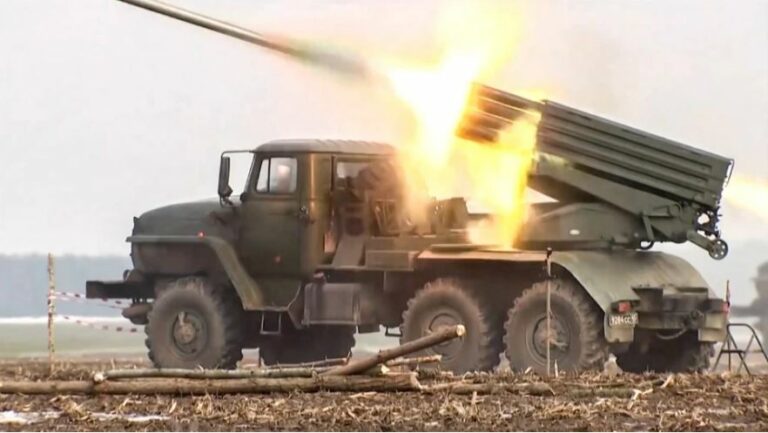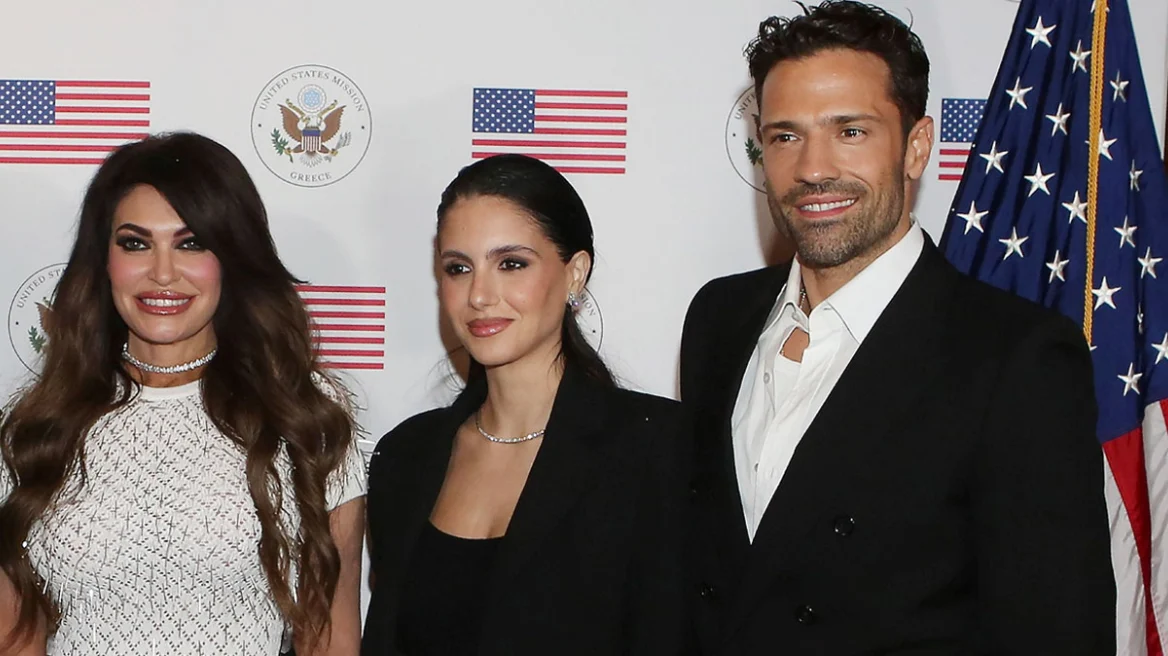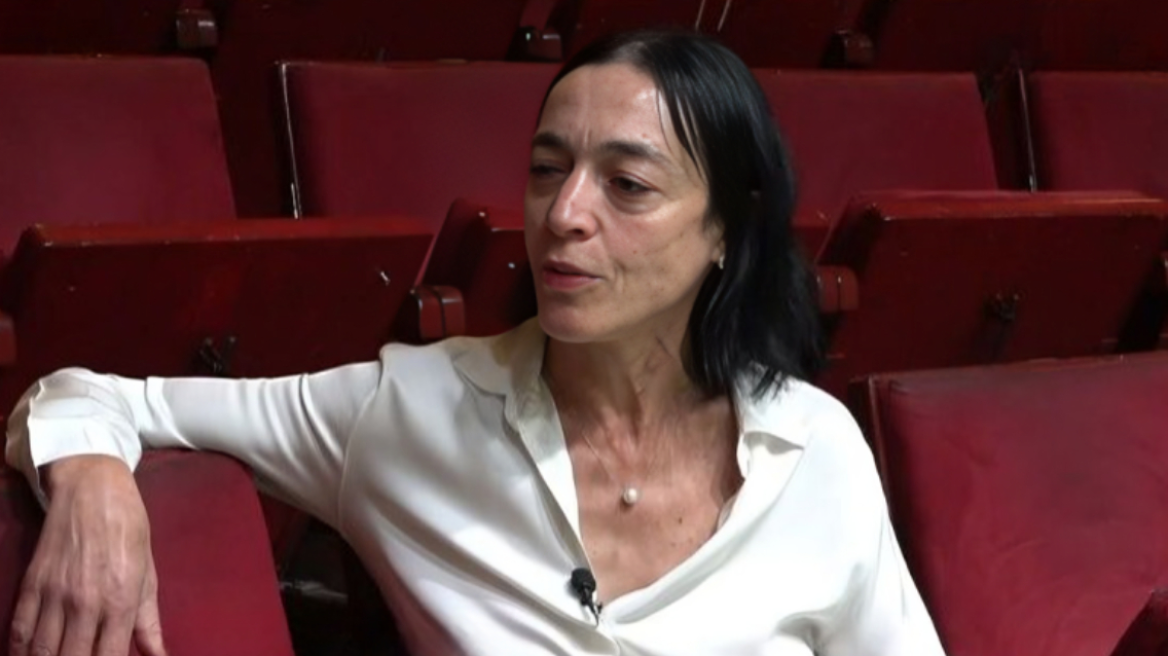The invasion of Ukraine by Russia is a war. And it is a war of aggression. It began in the early morning hours local time on February 24, when Russian troops invaded Ukraine, shortly after Putin’s televised speech had announced a “special military operation” in Ukraine.
There has been a long and tortuous history of recriminations but when it comes to critical, hard facts another one stands out: the annexation of Crimea by Russia in 2014. As in several other wars of aggression by other aggressors, historic or contemporary, the Kremlin claims its invasion was designed to “demilitarize” (and “denazify”) Kiev and stop the suppression of people of Russian origin in the Donbas. We have no independent corroboration that there had been a “systematic extermination” in the area.
At any rate, the Russian army is now working toward cutting off Ukraine not just from the Sea of Azof but from the Black Sea as well. A major change of borders is clearly among the Kremlin’s goals. And it was also clear from the start of the war that Putin’s goals included a change of government in Kiev – although this may or may not have been abandoned by now.
A war of aggression requires a serious response by the international community. Severe international sanctions are needed to underline the severity of breach suffered by international norms of acceptable state conduct. Sanctions are an instrument, a means toward a set of goals. What are the goals exactly in this case? What is the time frame? And – crucially – what are the appropriate measures, alongside sanctions, to help make a negotiated peace more likely as an outcome?
In the recent past, for example after Poroshenko’s election, the United States gave support to Ukraine in the form of technical assistance, loans, and non-lethal military aid. Given the enormous significance of what Putin has been doing in the past ten days, lethal military aid along a wide range of other forms of assistance are now necessary for the right message to reach the Kremlin.
After the Crimean annexation, the US had also started imposing escalated sanctions on selected Russian officials. At the same time, as Angela Stent has written, in the US as in Europe, the idea was to somehow reengage Russia and give it an “off-ramp” to defuse the situation.
Given the recklessness of Putin’s new adventure that began on February 24, many appear to assume that re-engagement was a bad idea. In fact, it was not. What was deplorable was the absence of sustained effort to talk to Russia, understand some of its concerns but also make brutally clear the red lines the West wished imposed and respected.
Today people get killed, a massive exodus is underway from Ukraine, whole areas become deserted, and while all this takes place in front of our eyes, some pundits confuse sanctions with punishment.
In fact, first and foremost, sanctions are not supposed to complicate the end of the conflict. Yet they can do just that by (a) offering an over-optimistic vision to the weaker part of the conflict which is also, in this case, the victim of aggression, (b) making an authoritarian regime that possesses considerable capacities in strategic and tactical nuclear weapons feeling cornered, (c) increasing pressure on China to actively take sides while simultaneously (d) derailing economic recovery in the West.
How do sanctions contribute to de-escalation and a peaceful outcome? There are now – present time, particular context – two basic requirements in order for sanctions to contribute to a peaceful way out and lead to the right lessons for all parties involved, at the same time as we maintain and strengthen support, assistance, and a better future perspective for Ukraine. First, the sanctions regime needs to include a way out for all parties involved and to refer directly and solely to the Ukrainian war. As a veteran diplomat, Gérard Araud put it, “no overkill, no [Russian] regime change, no other issues”.
Second, we also need to be reminded of a crucial point we tend to avoid in public debate for fear that we are mistaken to be lenient toward the aggressor. And the crucial point is simply this: no ground actually taken in combat can be easily returned in the context of a negotiated outcome as a precondition for the negotiation. Rarely in history have we seen examples of that. In other words, the actual options in this regard are two: either Ukraine prevails with the help but not the actual involvement of the West, or some of Russia’s gains will have to be – in some form – a part of the subject matter on the negotiating table. A return to the status quo ante as a precondition for a negotiated settlement is unlikely. No embellishment is helpful on this.
Understandably, some people may ask: does this amount to condoning Russian aggression? It clearly does not if we reflect on what went wrong, understand why deterrence failed (because it did), focus on the medium-and longer-term horizon, and ensure that this time the focus is sustained and leads to a change of course. For example, Europe’s critical energy dependence on Russia must come to an end. More generally, the year 2022 cannot be allowed to become 2014 in terms of longer-term implications.
Putin is the aggressor in this horrible episode, reminding us how fragile peace still is in 21st century Europe. But Zelensky is ill-advised to ask for active NATO involvement in a war that may spiral out of control. There are lessons to be drawn on Ukraine’s side as well, including partial responsibility for the non-implementation of the Minsk agreements. Both sides should aim to extend ceasefires (currently meant to open civilian evacuation corridors) to create time slots for formal or informal talks to begin in earnest.
To sum up, we need to make sure that peace in a pluralistic world is restored and – at the same time – the Kremlin does not draw the conclusion that fait accompli is becoming accepted as a norm of state conduct. President Biden and Secretary Blinken have remarkable experience in foreign affairs. Most of their European counterparts do not. The US needs to reassure NATO allies – President Biden has been doing that convincingly – while at the same time providing the framework and the limits of sanctions-related goals. Yet it is the Europeans that will have to draw the hardest conclusions on the need for actions that transcend the ephemeral world of political communication. We need to reach a negotiated peace with Russia, then urgently tackle energy dependency, strengthen cyber security, promote the EU as a strategic actor in the world while also reinvigorating the largely irreplaceable transatlantic bond.
We have serious lessons to learn from the tragedy in Ukraine. But we have also run out of cliches. So many aggressors around in recent years, so limited international response. Both parties in this devastating war should be actively encouraged to reach a fair and negotiated peace.
Kostas Ant. Lavdas is a Professor of European Politics at Panteion University, Athens. He is the author of four books and numerous journal articles, has taught and researched in several European and US universities and research institutions, and served as a consultant for organizations and agencies.
Ask me anything
Explore related questions





